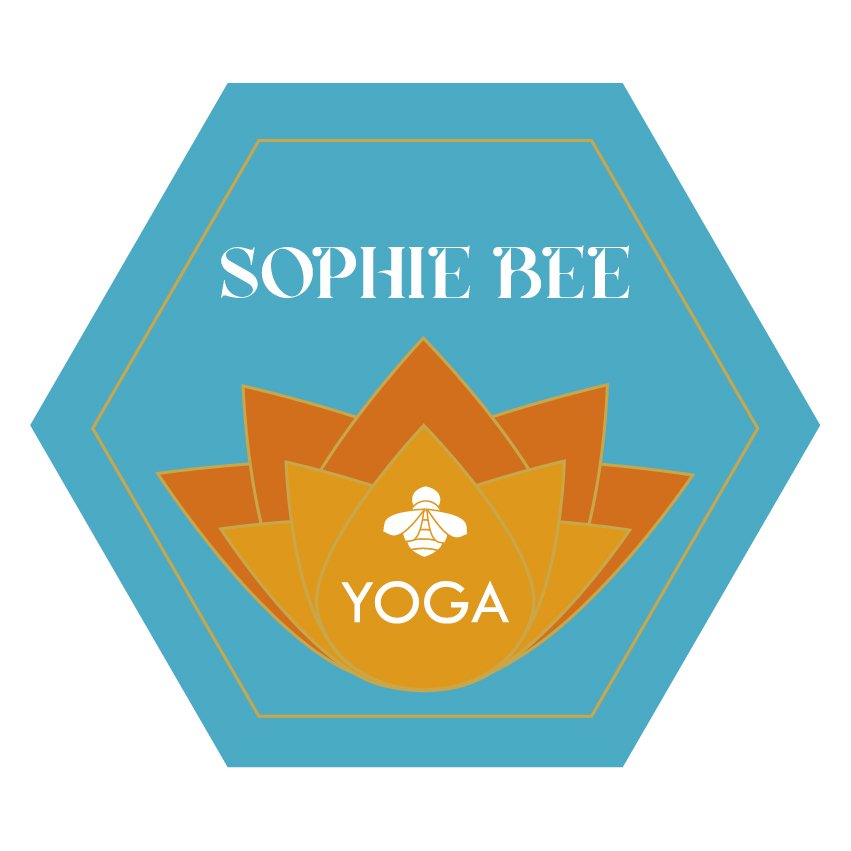Children’s Yoga In Schools and Early Years Settings
Children’s Yoga in Schools
With Sophie’s qualifications and experience as a primary school teacher and Early Years Specialist, the yoga classes she teaches are inter-curricular, engaging and memorable.
Sophie offers a range of Yoga in Schools workshops for both teachers and children.
Yoga as part of the everyday curriculum
Nurture groups - to support children who would benefit from relaxation techniques or to boost their self-esteem and confidence
After School or Holiday Clubs
Staff INSET day trainings
Yoga days - during Mental health week or Helathy Living Week
Year 5 and 6 SATS Workshops
Through moving their bodies, children learn kinaesthetically as they explore the different continents, languages, music and wonders of the world. Learning ecological facts about animals and plant life from the oceans to the rainforests. The themes are infinite with a multi-sensory approach to stimulate every part of each child.
The Benefits of Yoga for Children
Improves posture, flexibility, strength, balance, coordination and motor skills
Helps children recognise and honour all emotions, learning to trust their instincts
Teaches breathing techniques that increase energy and decrease anxiety providing effective coping strategies for stress
Increases body awareness as we explore our anatomy and benefits of the poses
Teaches relaxation and stress management techniques for school and home
Nurtures self-esteem, confidence and acceptance
Offers a platform for creativity and imagination
Builds a foundation for lifelong well-being
It’s non-competitive and honours each child’s unique way of absorbing and integrating information
Provides techniques to quiet the mind and sharpen focus and concentration
Endorses healthy choices and lifestyle
Balances and coordinate the brain
Encourages positive thinking and a motivation to learn
Improves grades and reading skills
Aids better sleep
Promotes a sense of peace, within and without
Allows for playfulness and collaboration in the learning process
Allows children to learn to respect themselves, others and the world around them; encouraging the acceptance of differences
Trains the sense of balance and as a result boost overall health and physical fitness
Supporting children’s physical wellbeing
The movements practiced in a yoga class (called poses or asanas) are much more than just stretching. They open the energy channels throughout the body, increasing flexibility of the spine, strengthening bones and stimulating the circulatory and immune systems. Along with proper breathing, these poses or asanas also calm the mind and reduce stress.
A regular yoga practice helps with overall physical and mental health. Therefore contributing to the possible prevention of diseases such as diabetes, acute anxiety, low bone density, asthma and obesity. All problems that pose an increasing threat to the development of our children today. Performing the poses slowly and with mindful control also acts as a mental exercise in concentration and meditation.
Lifelong wellbeing skills
By taking part in yoga classes, children develop important inter and intrapersonal skills. A regular yoga practice offers effective help for learning disorders, hyperactivity, stress and lack of exercise.
Yoga also increases self-confidence and most importantly …. its great FUN!!
It’s easy to see why more and more schools are embracing the need for yoga in their classrooms. Children who learn yoga at an early age have a healthy head start in life. This is especially important in our fast-paced and stressful world. Through bringing increased awareness to the external environment and to the internal experience of the body and the mind, children will benefit psychologically and emotionally. Children can easily learn these techniques, and when learned young, they become lifelong tools.
Awareness of the Breath & Emotional Development
Yogic breathing increases lung capacity, as well as strengthening and toning the entire respiratory and nervous systems. Deepening the breath brings more oxygen to the body through the blood stream. We may take it for granted, but breathing is one of the most important foundations of our wellbeing. If you can teach a child to be aware of their breath they will ultimately become more in control of their emotions and overall wellbeing. These are everyday tools for calming and energising the child to help develop a state of relaxed awareness, which is crucial for learning.
How Mindfulness Supports Mental Health
Mindfulness helps children develop healthy responses to the chaotic world around them. It also helps them deal with their own emotional responses to the world. The idea is to encourage children to use these techniques whenever they need to find calm, refocus their energy, and concentrate on specific tasks. Mindfulness has been seen to decrease stress and attention deficit issues, depression, anxiety, and even hostility in children. Research over the past few decades has shown that mindfulness training also develops social-emotional awareness, memory and learning, body awareness and coordination, and interpersonal skills.
Bring Yoga to Your Setting
Please send Sophie an Email to book a yoga sessions at your school or nursery.
Simply click the blue button or copy and paste the following email address:
sophiebeeyogabath@gmail.com







